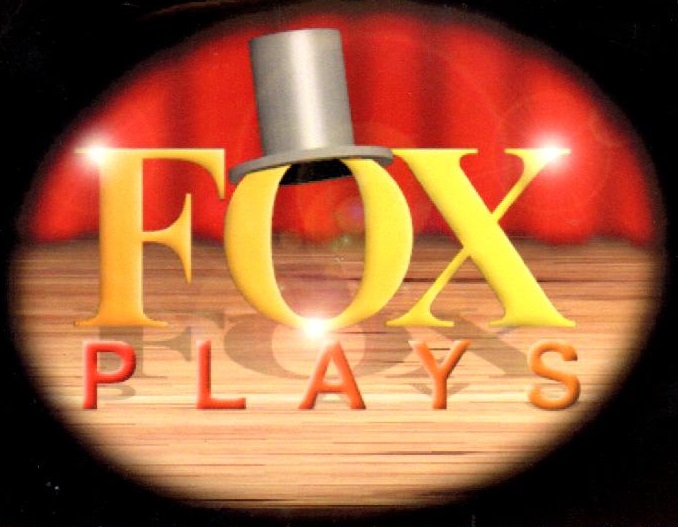Most writers I know – authors, playwrights, journalists – use their real name. Some famous writers use their real name and a nom de plume. Agatha Christie wrote romance novels as Mary Westmacott. But members of the public when writing online, nearly always use a false name.
Once upon a time the best way for members of the public to voice their opinion was via the newspapers. You wrote to the editor. You wrote on paper with a pen and posted the letter in a letterbox. All still possible but certainly an outdated method now that social media rules the world. Even presidents are on Twitter.
But in the those days of writing letters to newspaper editors, (and still so today), you had to identify yourself. You must include your name and address and prove you are who you claim to be. You provide a phone number so your letter can be verified. Of course it’s possible to use someone else’s identity but in most cases, the system produces responses from people who can be identified. But with online comments, the opposite is true. In fact the vast majority of online comments are posted by people who go out of their way to hide their identity. Is this a good thing?
Online comments, be they on newspapers, blogs, Facebook, Twitter or elsewhere appear in their squillions. Some articles attract hundreds, even thousands of comments. And the vast majority are from people who use a nom de plume. You see names like Voltaire, andrewthanksalot, splashes, runawaysomeonescoming, socialismus, honest, straighttalker, the betterone, Wally Witless and tricktrack.
I like Wally Witless because s/he uses upper and lower case and spaces.
Many comments are from trolls. In internet-speak, a troll is someone who posts inflammatory comments ranging from stirring to outrageous and cruel, even evil. I suppose there is the issue of free speech in here somewhere but I wonder what would happen if all online comments could only be posted if the writer’s identity accompanied their words. To publicly ridicule someone for their appearance, faith, cultural or sporting performance or politics is easy, particularly if you do so anonymously.
What sort of comments would people make online if they had to include their true identity?
Cenarth Fox
